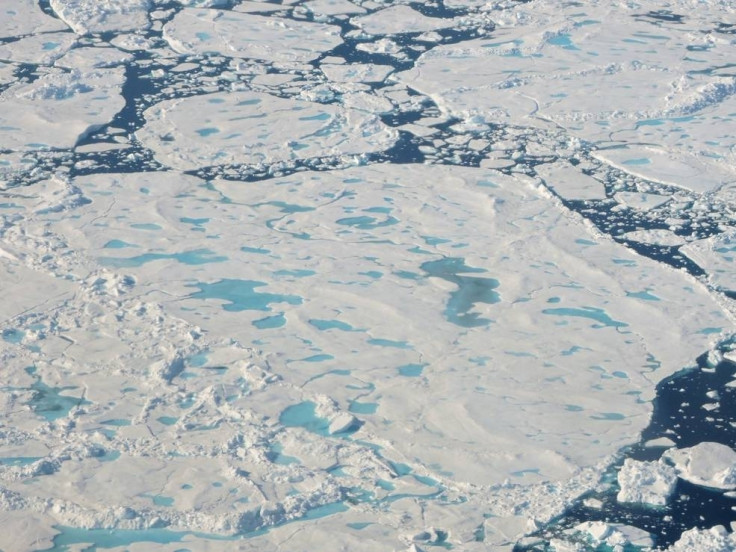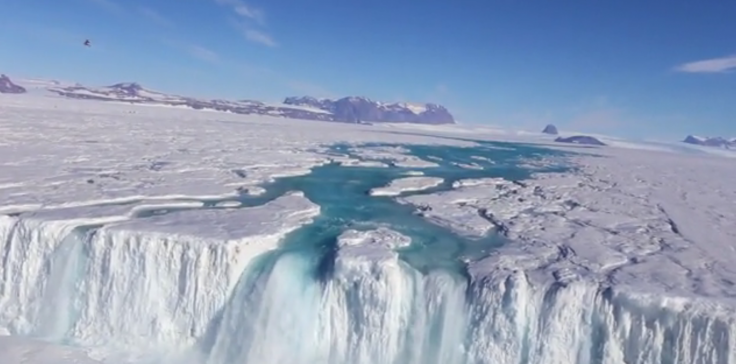Melting ice will increase sea levels and affect global climate, leading to even more melting, say scientists
Melting ice is changing the way seas influence climate on a global scale.

A multinational team of scientists from Wales' Bangor University, in collaboration with Harvard and Oregon State universities in the US and McGill University in Canada, have found that the impact of melting ice sheets in Antarctica and Greenland have far further reaching implications than previously thought. The melting ice not only changes sea levels but also affects global climate.
The melting of land ice from these parts has led to and is continually causing sea levels to rise, which is a well-documented and proven fact. What the new findings, published in the Journal of Geophysical Research: Oceans, as quoted by Phys.org have revealed are that the rising sea levels do not get evenly distributed throughout the planet.
The rise in sea levels does not take place uniformly after water drains into the oceans – the levels reportedly depend on the location of the melt, with seas close to retreating ice experiencing greater sea levels.
There are also instances of tidal range – the difference in height between high tide and low tide – being affected. Researchers have measured this on the coastline of Wales where they found that in the northern side of the coastline, the tidal range was amplified, while the southern Wales coastline saw a reduction in the range.
This also causes changes in a number of the sea's functions, noted the report. "Tides currently play a key role in sustaining the large-scale ocean currents which redistribute heat from the tropics to higher latitudes and are responsible for the mild climate in the UK. Predictions provided by the new model show that the collapse of the ice sheets will significantly impact the global tides, which could in turn impact ocean current systems which are important for our climate.
"The global changes in the tides will also have a profound impact on a wide range of other ocean functions, such as changes in the regions of the ocean which absorb carbon dioxide from the atmosphere, and on the ecosystems of the temperate (shallow) shelf seas surrounding the continents," explained the study's lead author Dr Sophie-Berenice Wilmes.
"The new results highlight the importance of considering changes in the tides, due to changes in sea levels in response to ice sheet loss, in predictions of future climate and reconstructions of past global climates," said project supervisor Dr Mattias Green of the School of Ocean Sciences.
Results of climate change and rising sea levels are being constantly studied and new findings are being researched almost every day.
Climate change has had and will continue to have an impact on several fronts. Ozone levels are at a 22-year low and global warming has been identified as one of the reasons, while fresh water bodies are becoming more cloudy and brown. Meanwhile, the Earth just registered a record level of carbon dioxide in the atmosphere, and it has also been found that Antarctic ice shelves are melting from the inside as well as from the surface.






















